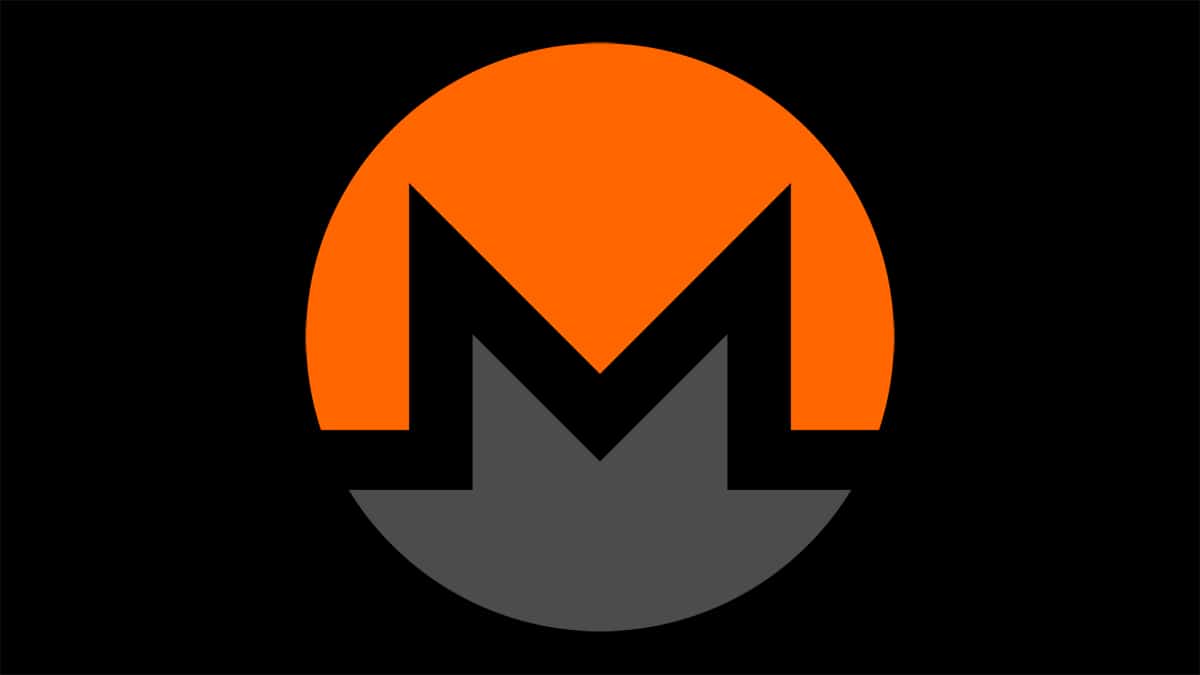Never rely on any cloud service! A good cloud based password manager is end to end encrypted meaning the password manager provider cannot access your passwords and they are secured from the provider and any compromise of the provider. But you do not only need confidentiality but also reliability. The cloud is just someone else’s computer that you store your data on. They can cease their service or stop providing you access to it at any time. Always have a local backup of anything important saved in a cloud.
With Bitwarden for example you can export your vault as unencrypted json and csv format. Those are widely compatible and allow you to easily access and import your passwords.
Do not save your exported passwords unencrypted. I strongly recommend creating a dedicated VeraCrypt or LUKS container or similar and saving the export directly into that without saving it to disk unencrypted in the first place.
Note that shared organizations are not included in the standard vault export and need to be exported separately.
Edit: Someone mentioned that Bitwarden’s export feature does not export attachments. So export them manually if you need to.
Keepass all the way friends. Synced via flash drive or syncthing>
Was also going to suggest KeePass and syncthing, it’s been working flawlessly for a long time. In case of conflicts, at least keepassxc allows you to easily merge databases.
Putting keepass and syncthing together is a match made in heaven
Yup, I use keepass and just sync stuff manually.
Keepass on nextcloud ftw
I originally used Keepass, but then I managed to convince my wife to use a password manager and needed something more user friendly. I switched to LastPass until they started charging, now we’re on Bitwarden
A good cloud based password manager is end to end encrypted
Presumably end-to-end encrypted. Do not trust any of them. There is no good cloud-based password manager.
My personal recommendations:
- KeePass (and its numerous alternative clients). The password database is one single file which would never have to leave your local network (or even: computer).
- Gopass (pass with modern addins). The password database is a folder of files which can optionally be version-controlled in a Git or Fossil repository. The default encryption is GnuPG, but it also supports age.
Presumably end-to-end encrypted. Do not trust any of them. There is no good cloud-based password manager.
Bitwarden is open source and audited: https://bitwarden.com/help/is-bitwarden-audited/
You can’t prove that their server is running the exact same code. A self-hosted Bitwarden server might be reasonably secure, but as far as I can tell, Bitwarden('s server component) is not designed for single users.
The entire point of E2EE encryption is that you do not have to trust the server.
exactly
Even though you don’t know what code is running on their server, the bitwarden client used to communicate with their server is open source & auditable. End-to-end encryption only requires that the client code is trustworthy.
You can’t prove that their server is running the exact same code
Which is the whole point between e2ee, assuming the server ended up being malicious, as long as the client code is doing its job properly, its fine. All the apps are open source.
Bitwarden('s server component) is not designed for single users.
vaultwarden’s good if you’re selfhosting, incredibly lightweight and compatible with bitwarden clients
I don’t have to trust the server, if I trust the client in an e2ee model. Their server could only be a security issue, if the encryption wouldn’t be e2e. And then the whole application would suck.
I understand your concerns but for my threat model bitwarden is safe enough. I trust an audited open source manager more than I trust my own ability to keep my passwords safe.
If you can’t keep attackers from compromising your computer, it doesn’t matter which password manager you use; it will be compromised regardless. Someone who compromises your computer can do just about anything that you can do—including read the passwords you’ve stored in your password manager.
Vaultwarden is a good Bitwarden API compatible self hosted server that individuals can reasonably self host, with way fewer system requirements than the actual Bitwarden project’s server.
but it also supports age
Honestly, i applaud age for being very simple to use and less likely to screw up as a result, but i wouldn’t rely on it for files as sensitive as a password database, its relatively new and hasn’t been audited.
Yet. I hope it will. (The developer is a great dude though.)
Good tip, I’ll get on it. I use Bitwarden’s cloud server for convenience, but if they were to shut down tomorrow, I’d be screwed
Only somewhat screwed. The client still has a local offline cache. So you don’t immediately lose everything. The cache is read-only though and doesn’t contain attachments.
Also remember: the normal export function of bitwarden also “just” exports the database entries; not the file attachments.
If you are the BitWarden server admin, what do you see per user? Just a blob of data called “encrypted password database” or something, along with something like a last modified date and version number for syncing purposes?
The entries are individual DB entries, but fully encrypted, yes.
For organizations you also have encrypted keys in there, which can then - via asymmetric encryption - be shared by organization admins to new organization members. Still E2EE - the server is only the messenger/orchestrator here.
So the most an admin of a server sees is metadata (number of entries, how often they are modified, synced etc).
I think the only “plain” information on the server is the email address of the account itself … which you need to login with your bitwarden client and which can be used for sending notifications. The password for validation that you are who you say you are is client side derived from your master password. So the server cannot reverse it to your master password. It’s essentially also an asymmetric login information; you can produce the necessary information to prove to the server that you know the master password, but the server doesn’t know the master password. Cryptography is fascinating.
Bitwarden is probably a lot safer if you self host (which I do). You do inherently lose some security by having a server that holds your encrypted password database, but my instance isn’t exposed to the internet.
are you using the official bitwarden server or vaultwarden? been thinking about selfhosting it myself, but i would need to expose it to the internet, and i’m not really sure if i’m up to the task of properly securing it
I’m using Vaultwarden, it’s pretty easy to set up with their Docker containers.
@ThreeHopsAhead I’m already backing up my KeePass database on an external hard drive. Guess that counts.
To create aencrypted backup with attachments, you can use Portwarden: https://github.com/vwxyzjn/portwarden
Also a good way to migrate from bitwarden to vaultwarden or to switch vaultwarden instances.
Removed by mod
My vault is encrypted and I make regular backups of it on an encrypted USB flash drive where I keep my other backups as well. c:











